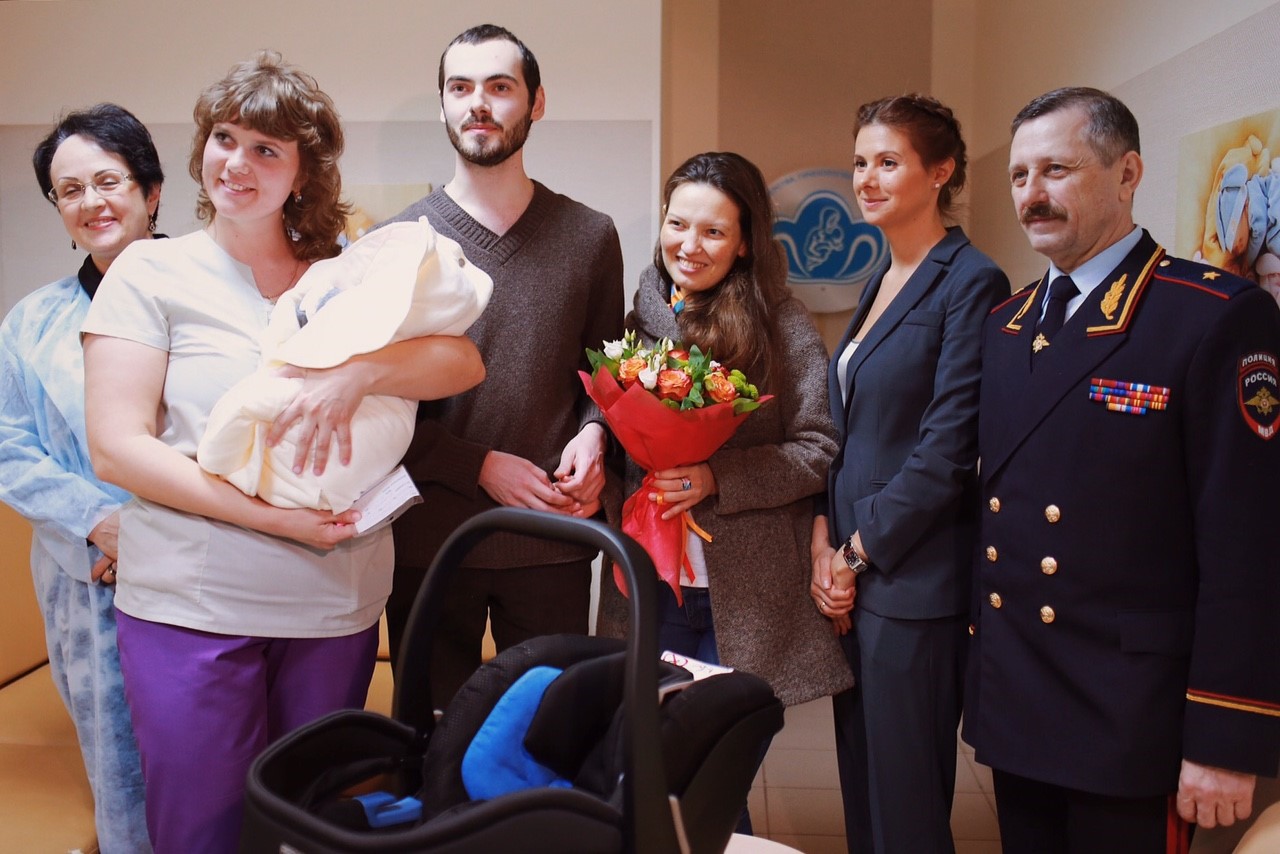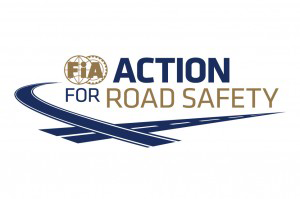Safe from the cradle. Two hundred Russian new mothers were taught the rules of child transportation

Play It Safe project presentation and Safety From The Very First Day Of Life conference were held at the Federal State Budget Institution "Research Center for Obstetrics, Gynecology and Perinatology" at the Ministry of Health of the Russian Federation.
The event was organized in context of very unsettling statistics on child injury rate. Every year in Russia, more than three million children get injured and more than six thousand of them die as a result.
Accidents are often caused by simple mistakes that could have been avoided. Play It Safe – new joint project by the State Road Traffic Inspectorate, Ministry of Health and Road Safety Russia – can help you learn more about child safety. First initiative within the project involved informational trainings for future and new parents in perinatal centers in Russia, with the key topic being proper child transportation. After all, road accidents rank first in the list of death and injury causes among children under 14.
Trainings were held for mothers a few days before and after giving birth, and contained information on safest ways of transporting a child by car. Special attention was paid to the criteria by which you should choose a car seat, its mounting, installation and location particularities, and infant psychology, as newborns rarely prefer anything to their mother’s arms in their first days of life, so the transportation in carrycots has its own subtleties.
Despite the fact that experts of the highest level have repeatedly provided compelling evidence for child restraint systems reducing injury rate by 52%, some parents continue to overlook that.

Vladimir Kuzin, Deputy Head of the Main Directorate for Road Traffic Safety at the Russian Ministry of Interior, quoted statistics that can be useful to any parent:
In 2014, 500 children died in road accidents in Russia, 100 of those – only in August. August is the most dangerous month of the year, as families hurry moving from summerhouses to the city and sometimes forget about safety. Most frequently, road accidents involving children happen at weekends; what is more, children under the age of one are more prone to danger. In more than a half of road accidents involving children, vehicles have not been equipped with child restraint systems or children have been transported in stroller cradles. Some parents think that ordinary cradles are enough to provide transport security for yet small infants, but they don’t consider the fact that even the littlest of newborns can be very hard to keep from harm in case of an accident.

«Child restraint systems cost no more than four tank fillings or one fine for not having a child restraint system in your vehicle», — said Elena Baibarina, Head of the Department of Medical Childcare and Obstetrics of the Ministry of Health.

Vladimir Rozinov, Head of the Scientific-Research Institute of pediatric surgery of the Pirogov Russian National Research Medical University (RNRMU) at the Russian Ministry of Health, made an emotionally charged presentation; he said that in order for an accident to actually come to pass, many factors need to fall in place, and usually tragedies happen due to our indifference. He urged parents to be more considerate to their and not only their children, however hard that might be.

Dmitry Degtyarev, Deputy Head of the Federal State Budget Institution "Research Center for Obstetrics, Gynecology and Perinatology" at the Ministry of Health of the Russian Federation:
Our Research Center’s hosted remarkable trainings on teaching future and new mothers how to transport children by car properly. Child safety is something of uppermost importance, and it is here, in a perinatal center, at the very beginning of your child’s life, where you should start learning about it.

Natalia Agre, Road Safety Russia president, shared:
If parents begin to accustom their child to car safety seats from the moment of discharge from perinatal centers, said child will quickly get used to being transported in child restraint systems and won’t neglect safety measures upon growing up out of habit if nothing else. We plan to teach parents about child safety as much as possible, and cover safety issues far beyond road safety. No mother wants her child to be harmed; and many misfortunes happen due to lack of basic knowledge.
This project promotes the idea that even the child’s first ever ride home from maternity hospital can only be in a special car carrycot. 96% of mothers-participants of the trainings said that they’d learned some new and useful facts that hadn’t been known to them before. Every mother agreed that transporting a child without a special restraint system was unacceptable.
In three months of the trainings, more than 200 mothers have learned something new about child safety and more than 200 newborns will now be travelling in accordance with all safety regulations. Play It Safe organizers plan to expand the project – cover more perinatal centers and more topics, including trainings on bathing, feeding, and childcare.

The event ended on a positive note, as a couple of new parents being discharged from the Kulakov Perinatal Center with their newborn daughter were presented with a car carrycot; they were even taught how to mount and fixate it properly. New parents promised to transport their baby girl only in a carrycot, and to replace it later with a car seat.























